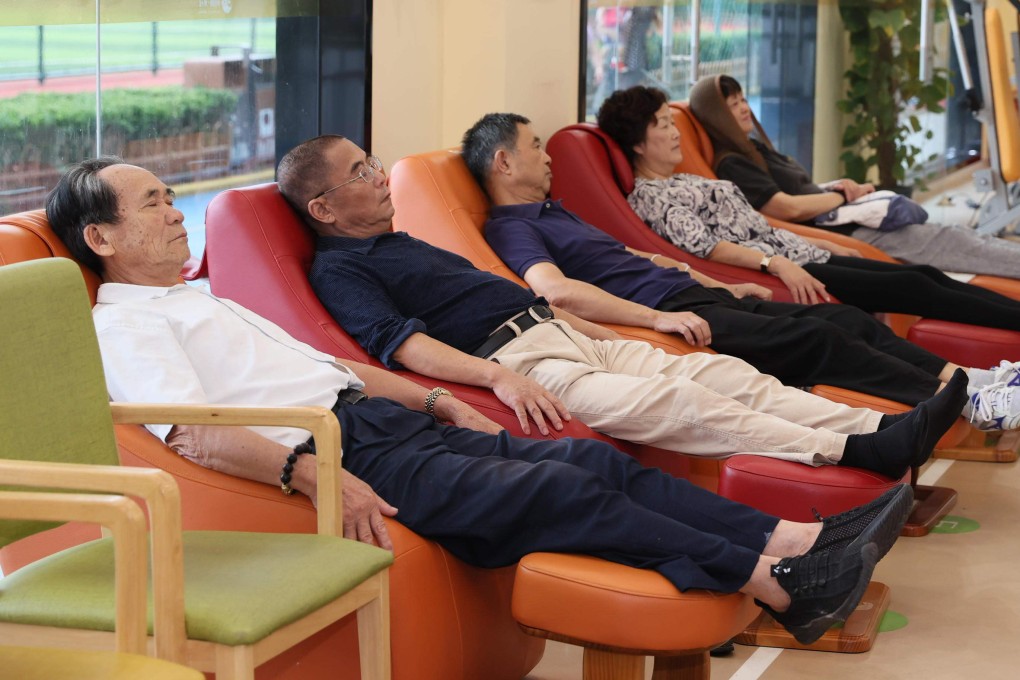As I see it | Case of Shanghai woman assumed dead shows elderly care standards must improve as China ages
- A woman from a care home was almost transported to a morgue earlier this week in a case of incompetence that has sparked public outrage
- The incident has wider ramifications as economic developments and the declining birth rate mean more people will be putting their senior relatives into homes

But the incident is expected to have far wider ramifications given China’s rapidly ageing population and the growing number of families who choose to put their senior relatives in elderly homes.
In a video that went viral on Chinese social media, morgue workers in Shanghai turned up at an aged care home to collect the body of a woman presumed dead, only to realise when loading the body bag that she was still very much alive.
The fact that such a mistake happened in Shanghai, a first-tier city, prompted some commenters to wonder about the state of affairs in elderly care facilities elsewhere in the country.
Some said they would think twice about placing their parents in such homes, while others said it was vital for family members to check in with the centres regularly to ensure that their elderly relatives were well taken care of.
In China, seniors are traditionally looked after by their family members. The country has in the past decade adhered to a “9073” guideline, in which 90 per cent of senior citizens remain at home, 7 per cent receive help from the community, and only 3 per cent are looked after by an institution.

